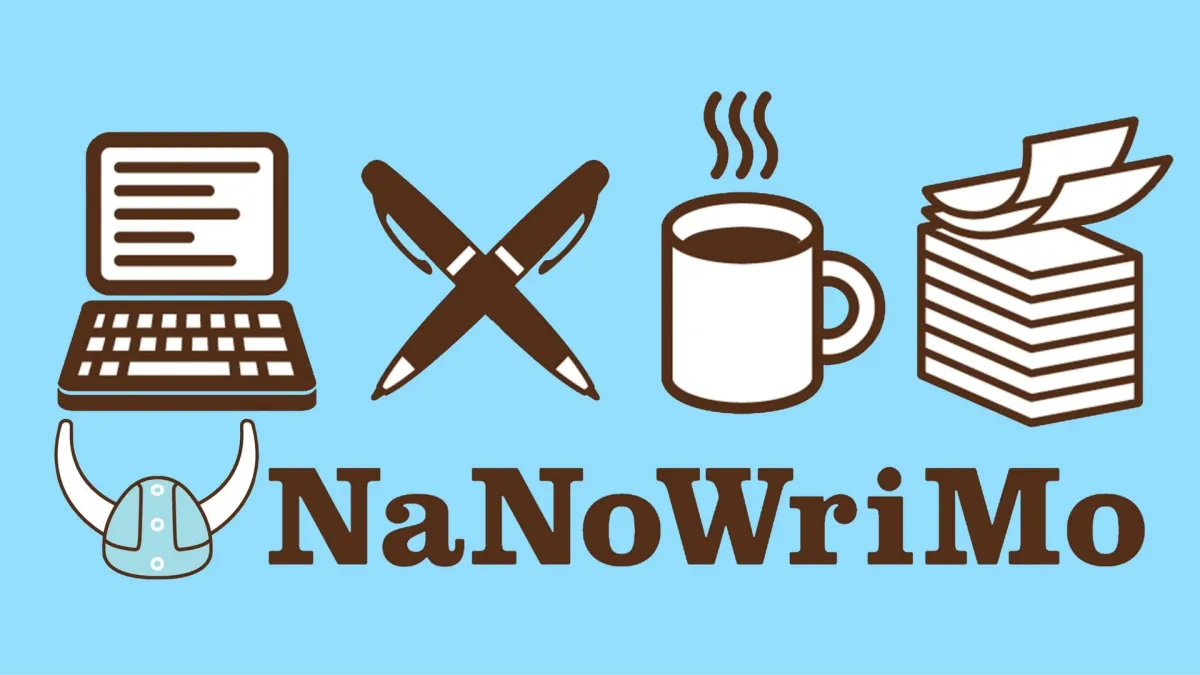Writing Your Literature Review
How To build a Literature Review:
The Bones, Meat, and Potatoes
Bones
Unlike the Methodology and Results chapters of your dissertation, there is no defined outline for the Literature Review. It’s simply a matter of three main headings: Introduction; Main body; Conclusion. The meat is what counts, and we’re here to walk you through it. If you get stuck at any point, just know that the folks here at Dissertation Editor are here to help, so don’t hesitate to pick up the phone or email us.
Meat
And now to the flesh:
Introduction
The Introduction opens with a restatement of your research problem or research question(s) with a summary of the sources you will review (in the main body). As you briefly sum these sources that will be reviewed in greater detail in the main body of the Literature Review chapter, you should highlight the gaps that exist in the body of knowledge, bringing this back to your research problem and research question(s). This supports the need and purpose of your research and, therefore, the contribution your research will make in the field.
The Main Body
The goal of the literature review is to effectively summarize and combine your review of the literature in your field. This summary may be organized by theme, methodology, or theoretical approach, but we highly recommend a chronological organization for simplicity; that is, organize your summary chronologically, with an overview of the themes, theoretical frameworks, and methodological approaches. Of course, it’s easy to say, “summarize without losing coherence,” but this is key to a well structured literature review. Before you start hyperventilating at the thought, however, slow down and remember to begin by outlining the conflicts, differences, and similarities between the literature you review. After you have outlined each source included in your review:
- Summarize and Combine: Highlight the main findings from each academic source and organize them into one whole piece without losing coherence.
- Evaluate and interpret: Make sure that you are giving opinions and arguments of your own rather than simply rephrasing what others have said. Therefore, you should avoid excessive quoting. After all, you will be expected to debate and discuss other studies’ results about your own research questions or research aim, so it’s important that you can go beyond merely summarizing. In order to accomplish this goal, we recommend you read each piece of literature at least twice.
- Analytical Evaluation: It is also important to review the merits and weaknesses of the literature.
As you write, do pay attention to citation and referencing style. Find out what academic style your university requires prior to starting, as this will save you a lot of headaches later. Find out your institutions style guidelines; i.e., some commonly used academic styles for referencing and citations: APA, CMS, Harvard, MLA, or some other hybrid. That being said, do not get stalled by formatting your citations and references, as that will slow down the writing process. Instead, just make sure to add the citations (however inappropriately it may be formatted) where necessary. As for academic styles, we can help you with this at DE; we don’t just edit, we format too. In fact, we’d be very happy to format each and every citation and cross-check them with your list of references too! But your responsibility is to make sure you have the correct citation beside the information you are discussing.
Conclusion
The conclusion should include a summary of the key findings and their relevance and significance to your research problem and research question(s). In doing so, you will demonstrate how your research helps to fill the gap(s) in your field and, therefore, increased our understanding of the problem by making a contribution to the current body of knowledge in the field.
& Potatoes
The essence of a literature review is to find, read, and digest the main body of knowledge on your topic. Once you’ve done that, you’ll then be ready to flesh out the bones. I know we make it sound easy, but we know it’s not. That being said, we know you can do this. And on the day(s) when you don’t think you can — and you probably will have those days because that’s the nature of writing a dissertation or thesis — we’re the experts and here to help. Everyone who works at DE has a PhD and we’ve all written (many) a literature review, so bring it on, as we live for this stuff. You have a burning (research) question, a passion to find answers and contribute to the body of knowledge in your field, and we celebrate that at DE, so check us out, call, or email.



